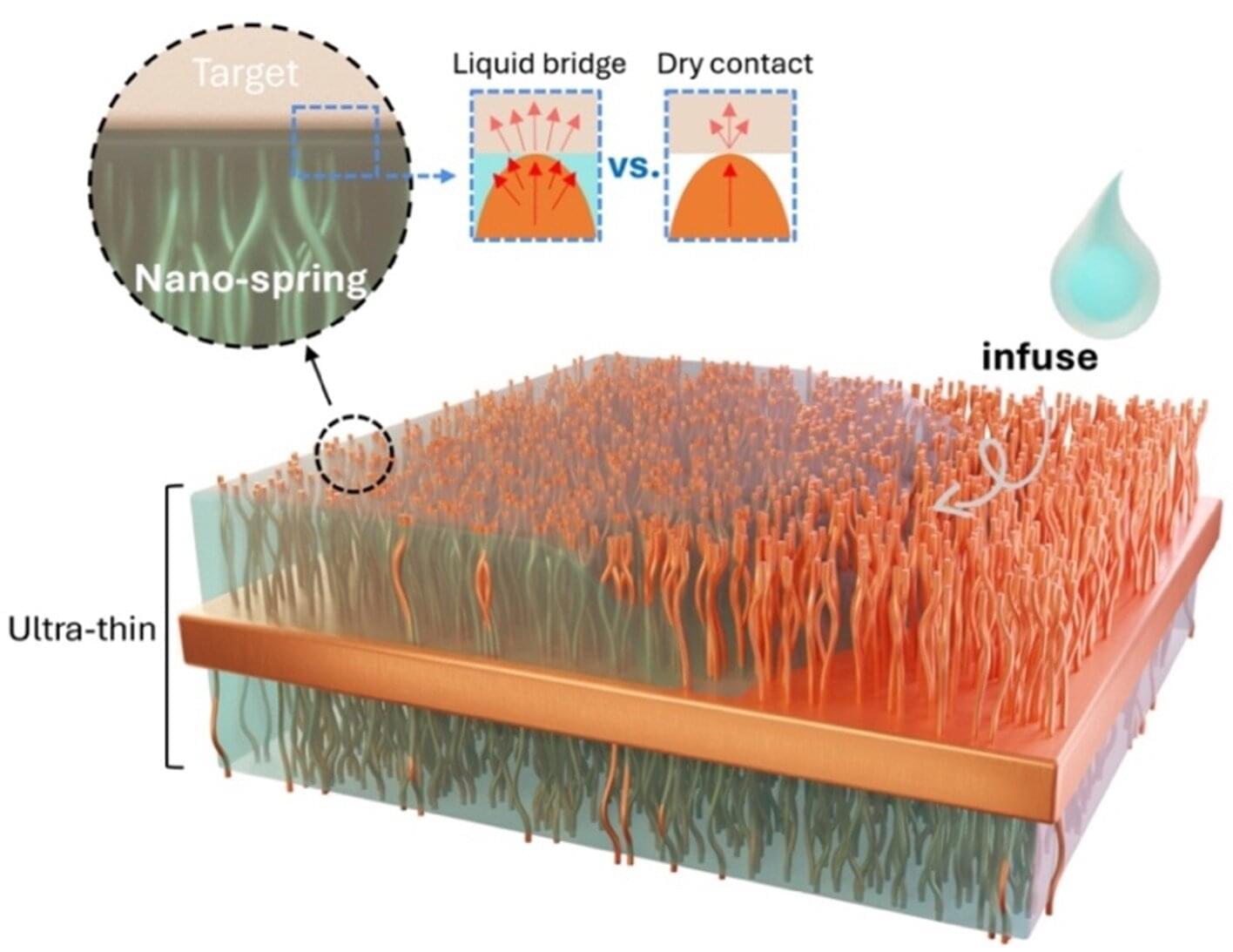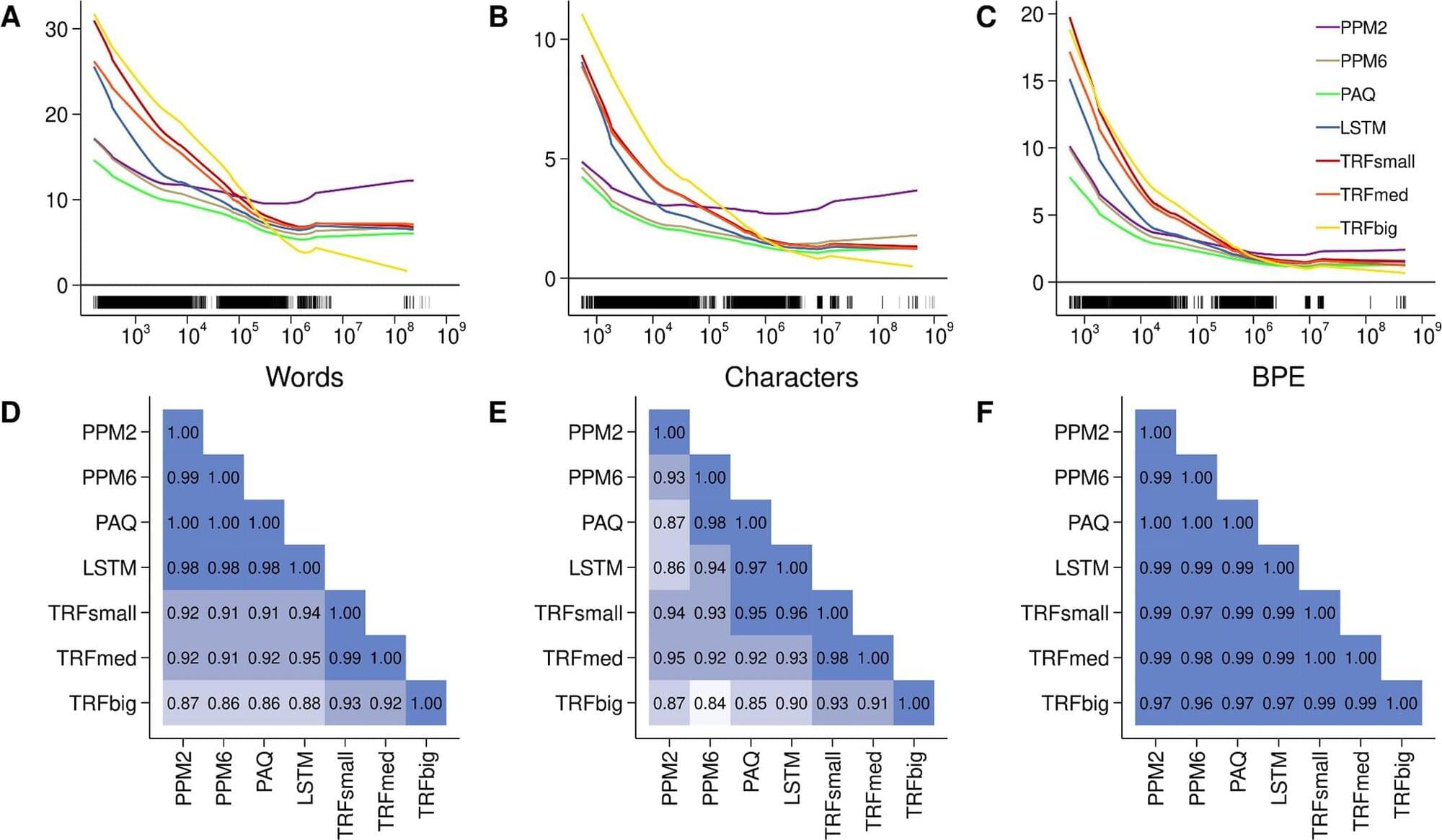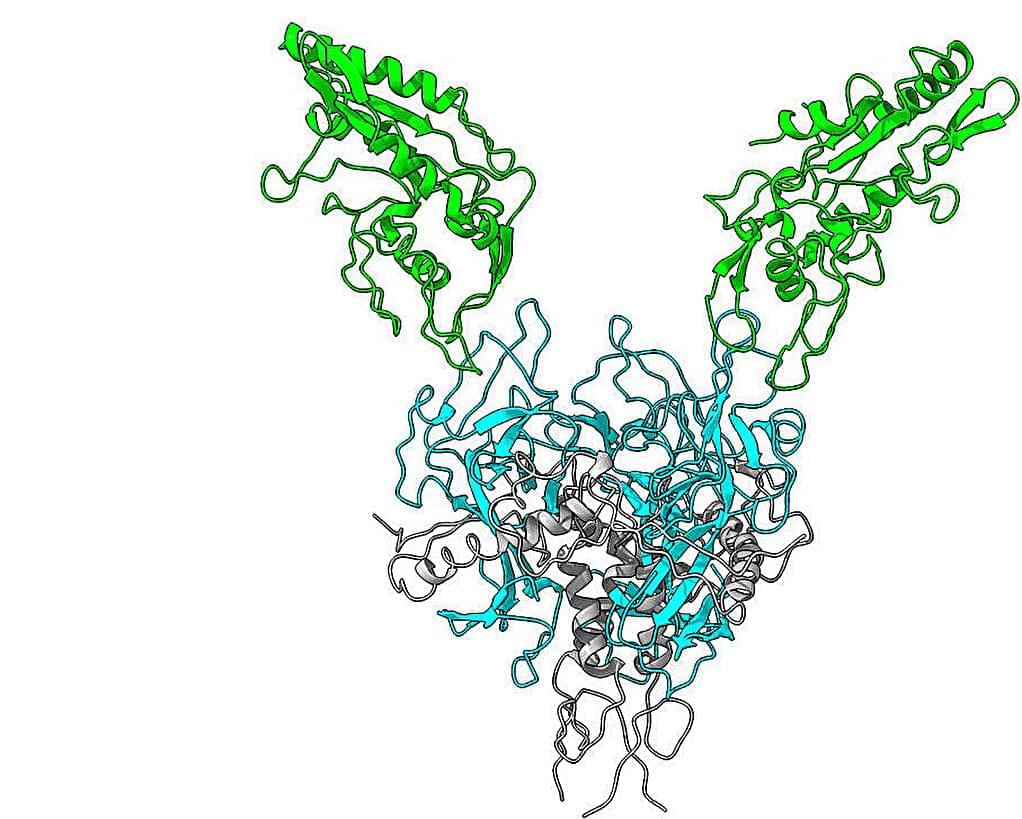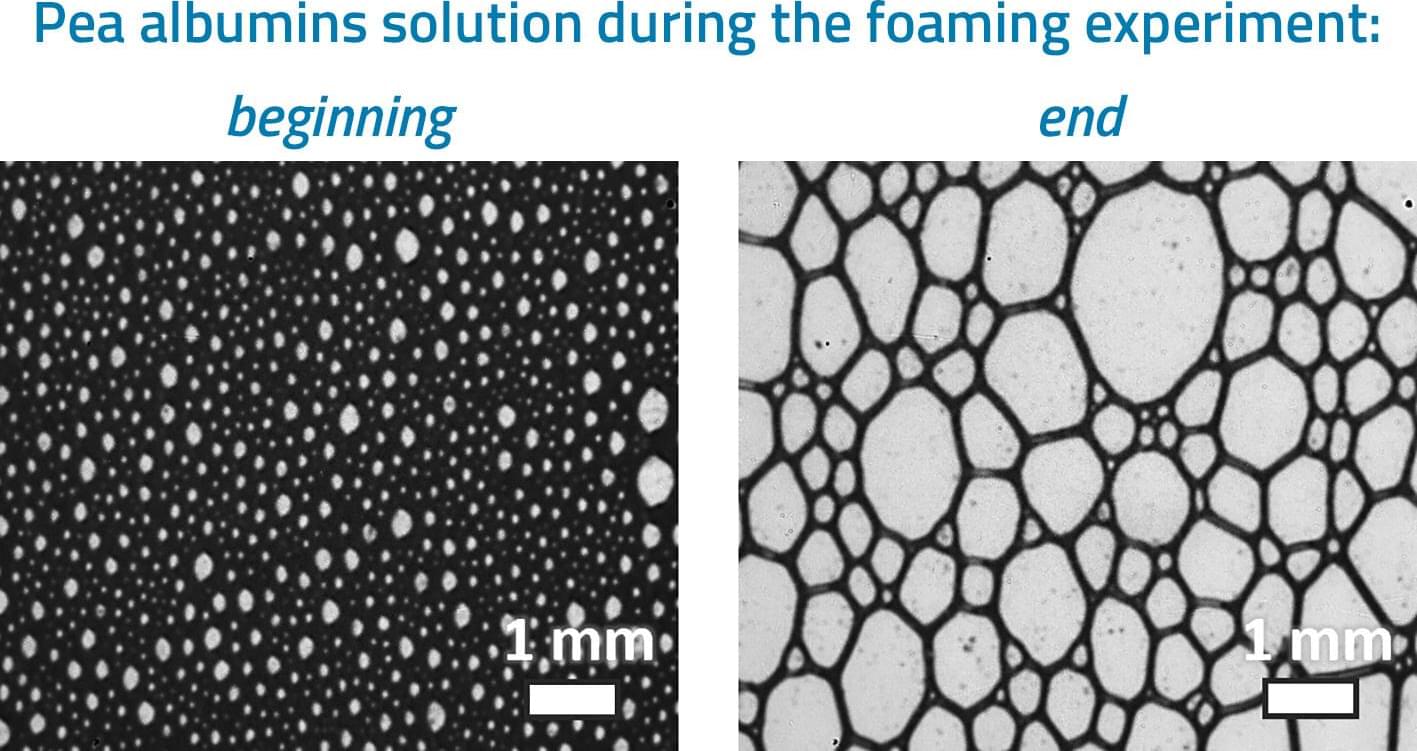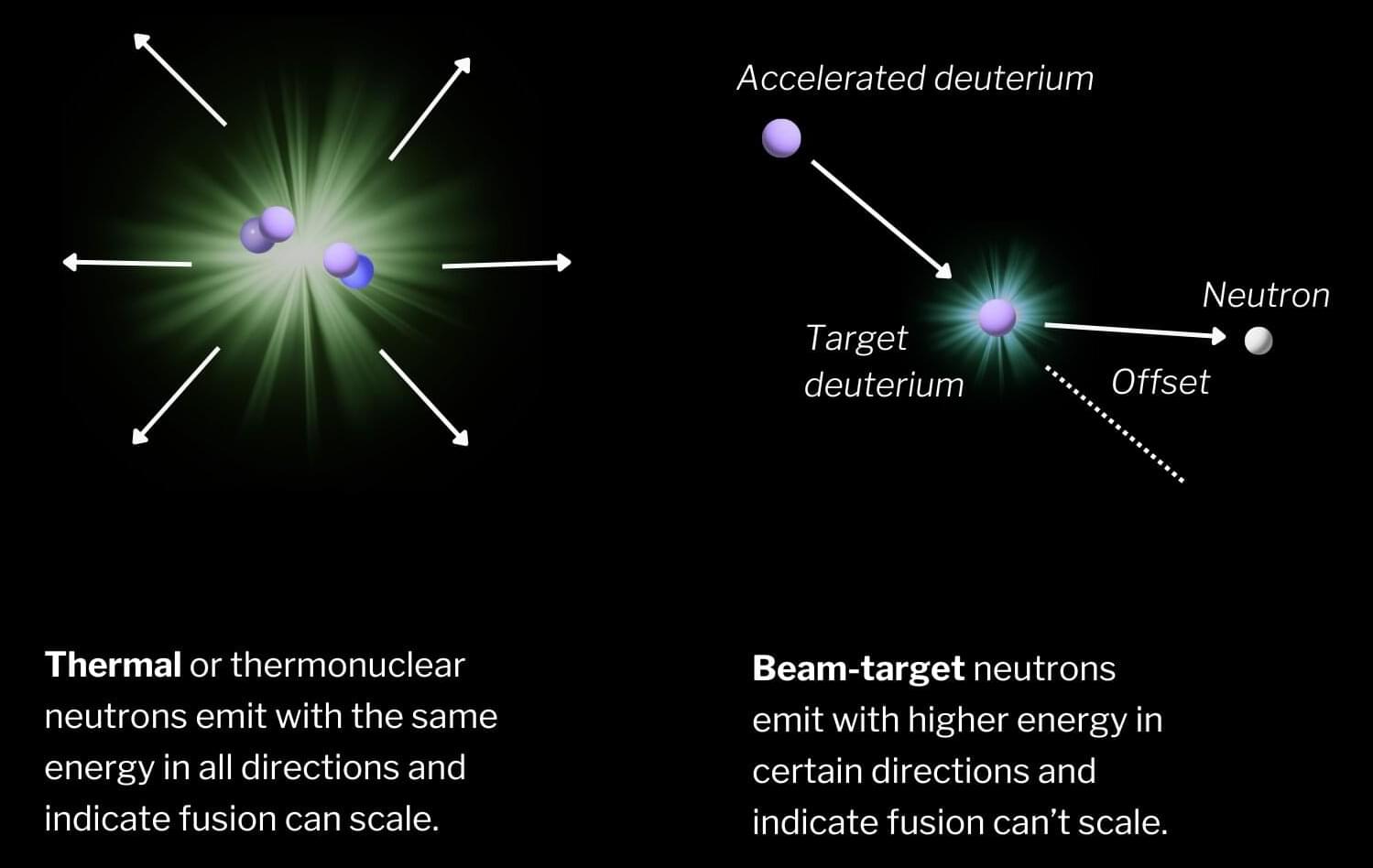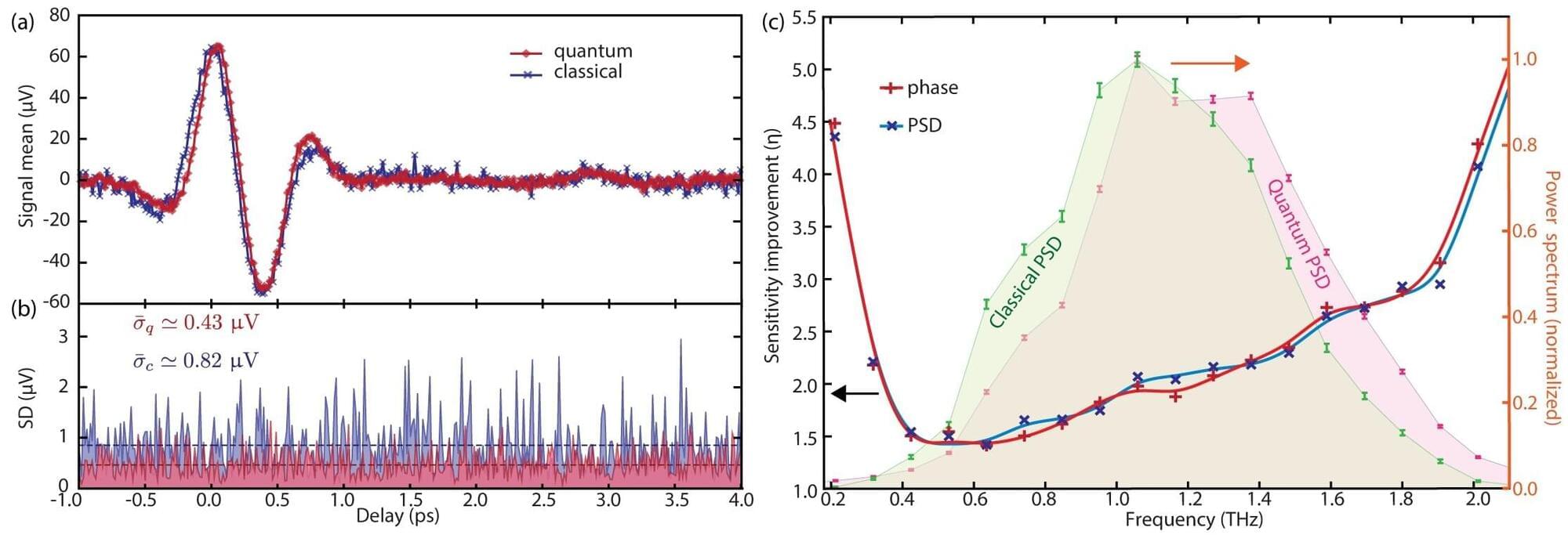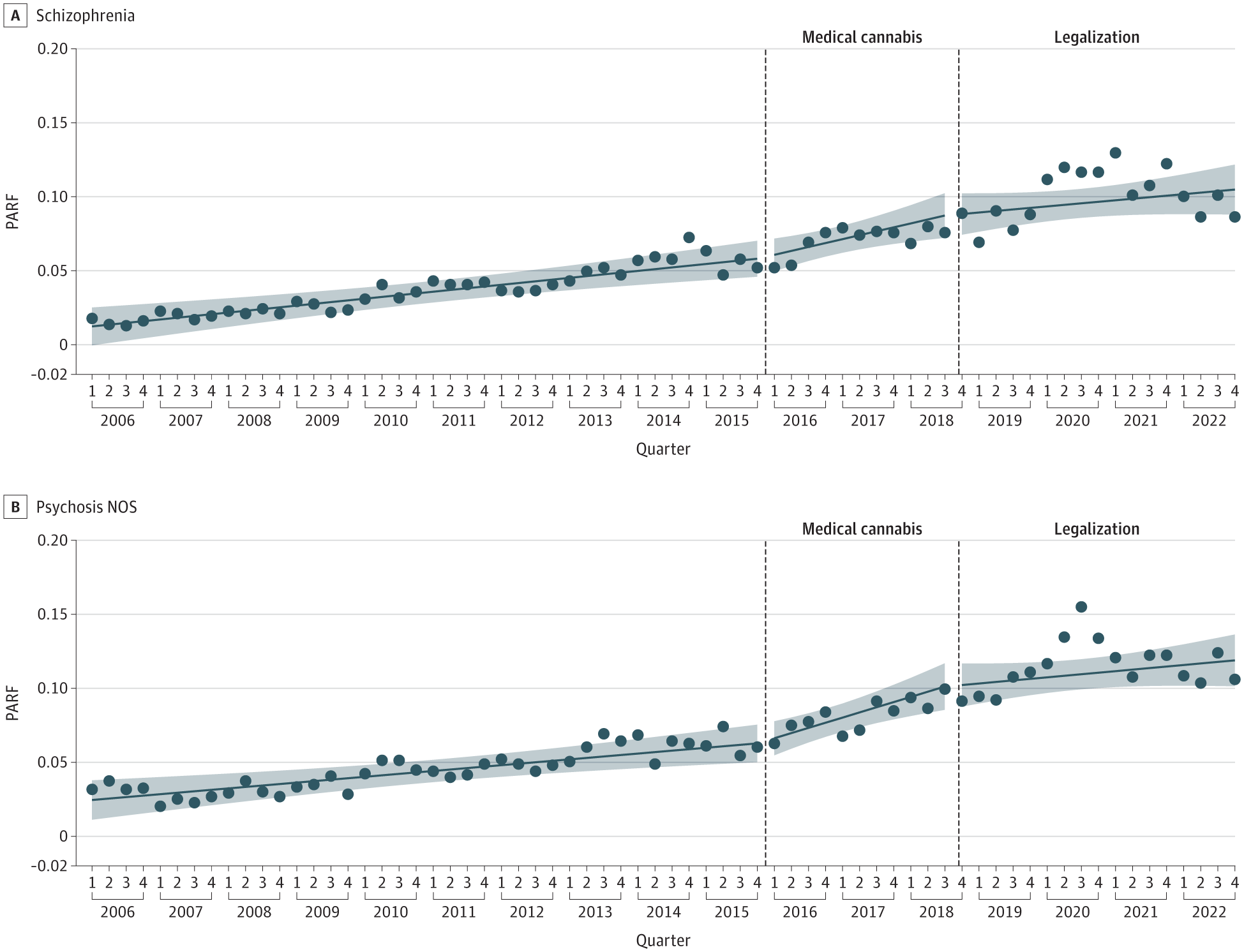With an assist from the NEID spectrograph, a team of astronomers have confirmed the existence of exoplanet Gaia-4b—one of the most massive planets known to orbit a low-mass star. Gaia-4b is also the first planet detected by the European Space Agency’s Gaia spacecraft using the astrometric technique.
NEID is a high-precision radial-velocity spectrograph that is designed to measure the extremely minute wobble of nearby stars using the radial velocity effect. This effect results from the mutual gravitational force between a planet and its host star which causes the star’s position to shift very slightly as the planet travels around it. With this powerful capability, one of NEID’s main science goals is to confirm exoplanet candidates found by other exoplanet missions.
NEID is mounted on the WIYN 3.5-meter Telescope at the U.S. National Science Foundation Kitt Peak National Observatory (KPNO), a program of NSF NOIRLab.
